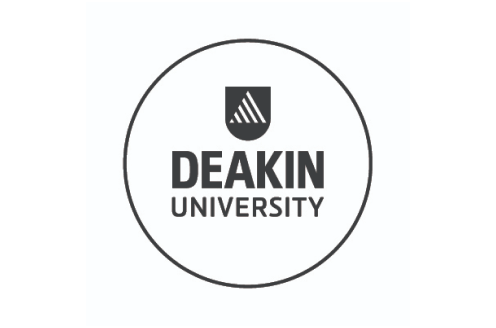- Great Learning
- Free Courses
- Data Science
Python for Data Science Free Course
Python for Data Science
Learn skills like NumPy, Pandas, and Matplotlib through Python for Data Science free course.
Instructor:
Mr. Anirudh RaoPython for Data Science
9.7K+ learners enrolled so far
Stand out with an industry-recognized certificate
10,000+ certificates claimed, get yours today!
Get noticed by top recruiters
Share on professional channels
Globally recognised
Land your dream job

Skills you will gain
NumPy
Pandas
Matplotlib
Key Highlights
Get free course content
Master in-demand skills & tools
Test your skills with quizzes
About this course
Data science is a field that uses scientific methods, algorithms, processes, and systems to extract knowledge and insights from data in various forms that include both structured and unstructured. Python is a versatile language that is widely used in many different fields, including data science. Python is known for its ease of use and readability, making it a great language for beginners to learn. Additionally, it has a large number of libraries and tools that are specifically designed for data science, which makes it an ideal choice for those looking to pursue a career in this field.
This free Python for Data Science course starts with introducing you to NumPy and Pandas. You will learn about Pandas series object and get introduced to Pandas Dataframe. Matplotlib plays an important role while playing with data. Thus, you will also get introduced to Matplotlib and the role it plays in manipulating and analyzing data. You will learn about Line Plot, Bar Plot, Scatter Plot, and Histogram in detail and how all these plots work while dealing with data. Lastly, you will go through the box plot and violin plot in detail. Enroll in this free Python for Data Science course and learn essential skills like NumPy, Pandas, and Matplotlib. Secure a certificate on completing the course successfully.
Explore more on Data Science techniques in-depth by going through Great Learning’s Best Data Science Courses, enroll in the globally appreciated Degree and PG programs that suit your career goal, and attain a certificate of course completion that increases the value of your resume.
Course outline
Introduction to Numpy
Introduction to Pandas
Pandas Series Object
We shall understand one-dimensional labeled arrays in this section. We will learn to import the Pandas library, create a series object using the inbuilt data type, and work with it with demonstrated code snippets.
Introduction to Pandas Dataframe
We will learn about the 2-dimensional labeled data structures in this section. We shall understand how to create and work with the dataframe using the dictionary with an example and demonstrated code snippets.
Introduction to Matplotlib
Line Plot
The objective of this module is to impart an understanding of line plots and the process of creating them.
Bar Plot
Scatter Plot
The aim of this module is to elaborate on scatter plots, including the procedure for creating them and the ways they are utilized to analyze the relationship between two numerical data points.
Histogram
Box Plot and Violin Plot
Get access to the complete curriculum once you enroll in the course
Stand out with an industry-recognized certificate
10,000+ certificates claimed, get yours today!
Get noticed by top recruiters
Share on professional channels
Globally recognised
Land your dream job

Python for Data Science

2.25 Hours
Beginner
9.7K+ learners enrolled so far
Get free course content
Master in-demand skills & tools
Test your skills with quizzes
Level up with advanced skills & become job ready with Pro+
Subscribe to Pro+ today to build skills with 50+ Pro courses and prep for jobs with advanced AI tools.
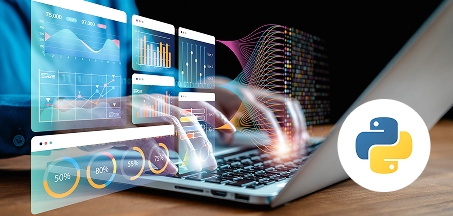
Hands-On Data Science Using Python

Practice exercises

Guided Projects

AI Resume Builder

AI mock interviews
Get course + certificate with Pro+ subscription
Learner reviews of the Free Courses

5.0

5.0
5.0

5.0


5.0

5.0
5.0

5.0
What our learners enjoyed the most
Skill & tools
62% of learners found all the desired skills & tools
Our course instructor

Mr. Anirudh Rao
Data Science Expert
Frequently Asked Questions
Will I receive a certificate upon completing this free course?
Is this course free?
How do I start Python for data science?
You can start your learning journey of Python for Data Science by registering in the courses that suit your learning goals. The free Python for Data Science course by Great Learning is a comprehensive course that is designed from a beginners’ learning aspect. Enroll in this free course and gain the basic knowledge that can help you understand the advanced concepts better.
Can I learn Python in a month?
With the right motivation, sources, and proper amount of time spent on learning can help you comprehend Python in a month. Most learners believe that Python is easy to learn, its syntax is easy, and the code is very readable. You can also look into Great Learning’s Python courses that suit your learning levels.
Can Python developers become Data Scientists?
Yes, Python developers can become Data Scientists. Data Science is a moderately new field, and there is a lot of overlap between the skill sets of Python developers and Data Scientists. Many Python developers have the skills necessary to perform data analysis and build predictive models, and with the proper training, they can become expert Data Scientists.
Can I get a job with Python only?
Yes. Python language is not only one of the most popular programming languages but also one of the most primarily used languages for Data Science and automation. Many jobs require only Python programming skills. Hence, you can get good job opportunities with excellent Python programming skills.
How do I install Python for data science?
The best way to install Python for data science depends on your operating system, development environment, and project requirements. There are many sources available on the web where you can find installation steps explained.
Is Python enough to be a data analyst?
Python is an adaptable language that is gaining popularity in the data science community. While Python is not strictly necessary to be a data analyst, it can be helpful in streamlining data analysis tasks. In addition, Python has a variety of libraries and tools that can be used for data analysis. You must be aware of the Data Science techniques and how to implement them with the best approach using Python programming language.
Become a Skilled Professional with Pro Courses
Gain work-ready skills with guided projects, top faculty and AI tools, all at an affordable price.


View Course

Included with Pro+ Subscription

View Course

Included with Pro+ Subscription

View Course

Included with Pro+ Subscription
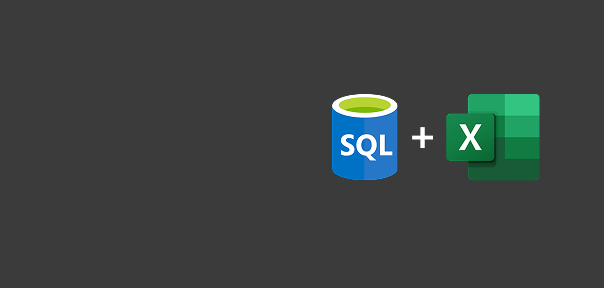

View Course

Included with Pro+ Subscription

View Course

Included with Pro+ Subscription


View Course

Included with Pro+ Subscription

View Course

Included with Pro+ Subscription
.jpg)
View Course

Included with Pro+ Subscription


View Course

Included with Pro+ Subscription


View Course

Included with Pro+ Subscription
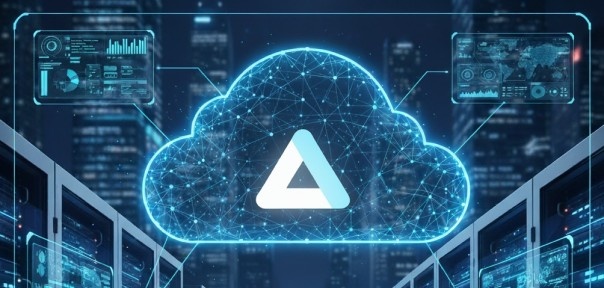

View Course

Included with Pro+ Subscription
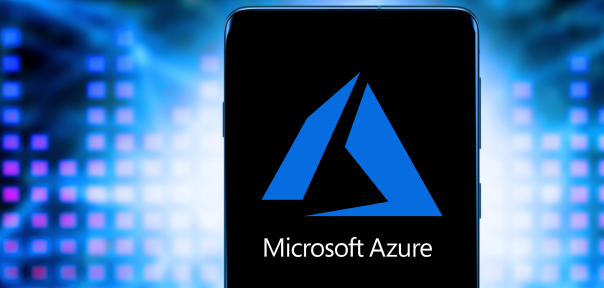



View Course

Included with Pro+ Subscription


View Course

Included with Pro+ Subscription


View Course

Included with Pro+ Subscription
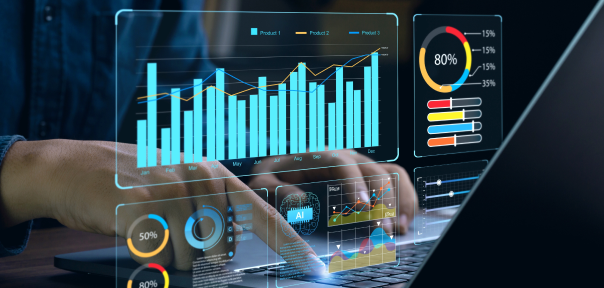
View Course

Included with Pro+ Subscription
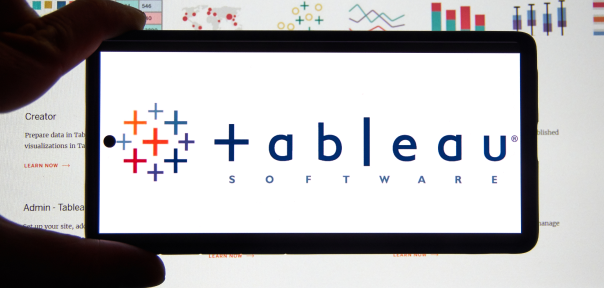
View Course

Included with Pro+ Subscription

View Course

Included with Pro+ Subscription
.png)
View Course

Included with Pro+ Subscription

View Course

Included with Pro+ Subscription
.jpg)
View Course

Included with Pro+ Subscription

View Course

Included with Pro+ Subscription
.jpg)
View Course

Included with Pro+ Subscription
.png)
View Course

Included with Pro+ Subscription

View Course

Included with Pro+ Subscription
.png)
View Course

Included with Pro+ Subscription
.png)
View Course

Included with Pro+ Subscription
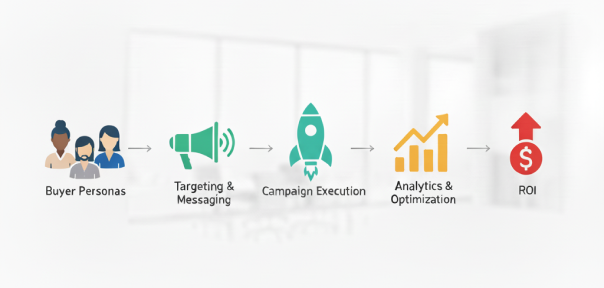
View Course

Included with Pro+ Subscription
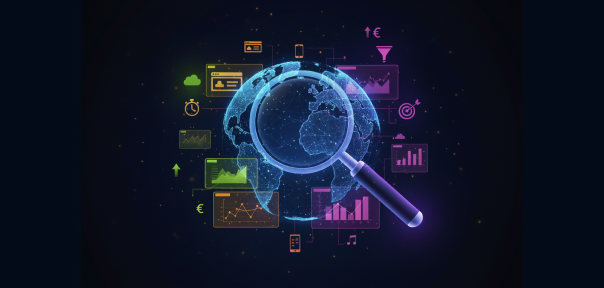
View Course

Included with Pro+ Subscription
.png)
View Course

Included with Pro+ Subscription
.png)
View Course

Included with Pro+ Subscription
.png)
View Course

Included with Pro+ Subscription
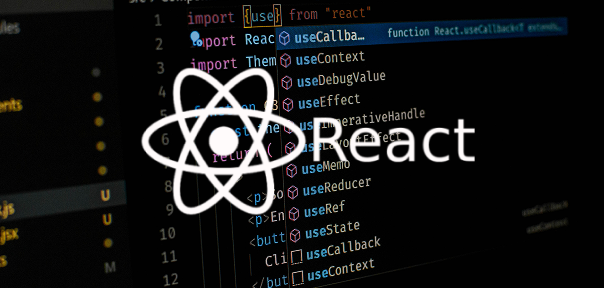
View Course

Included with Pro+ Subscription
.png)
View Course

Included with Pro+ Subscription
.png)
View Course

Included with Pro+ Subscription


View Course

Included with Pro+ Subscription


View Course

Included with Pro+ Subscription
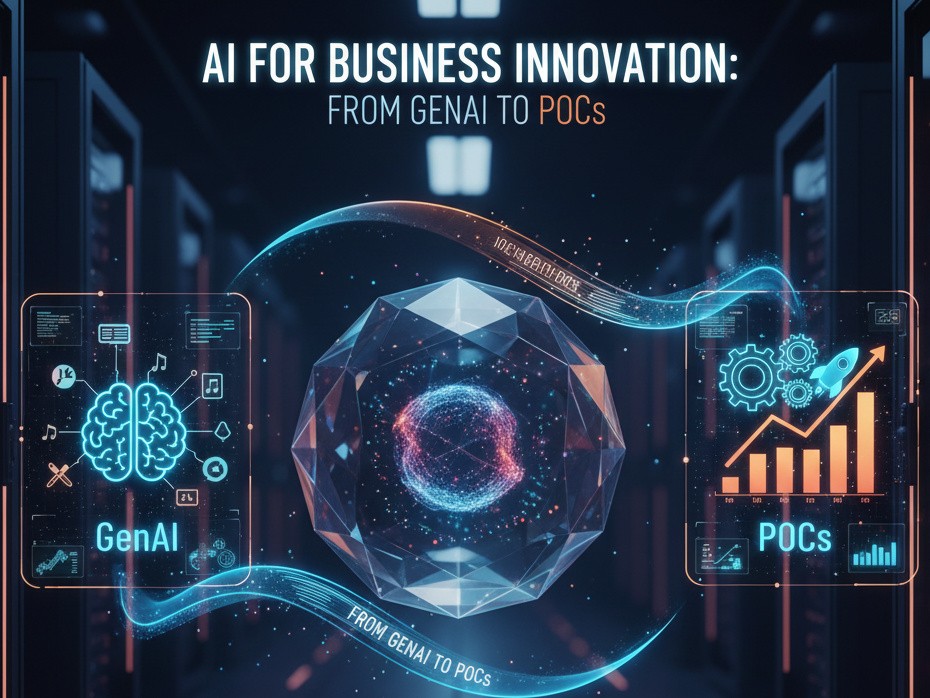
View Course

Included with Pro+ Subscription

View Course

Included with Pro+ Subscription
.jpg)
View Course

Included with Pro+ Subscription

View Course

Included with Pro+ Subscription

View Course

Included with Pro+ Subscription
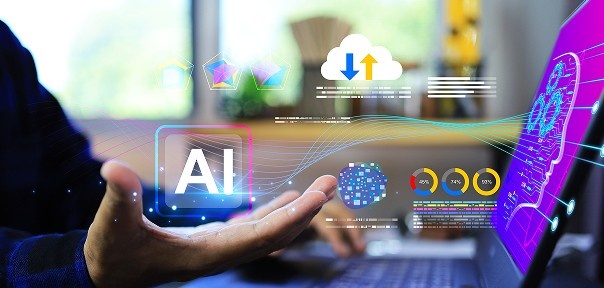

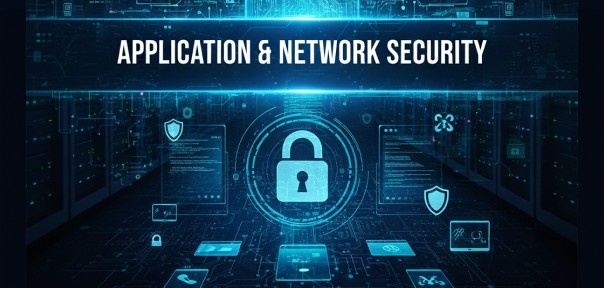
View Course

Included with Pro+ Subscription

View Course

Included with Pro+ Subscription
.png)
.png)
View Course

Included with Pro+ Subscription
.png)
View Course

Included with Pro+ Subscription
.png)
View Course

Included with Pro+ Subscription


.png)

View Course

Included with Pro+ Subscription
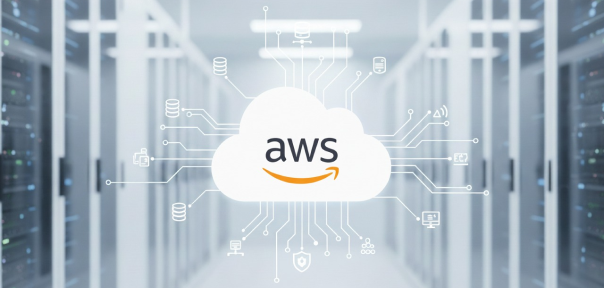

View Course

Included with Pro+ Subscription
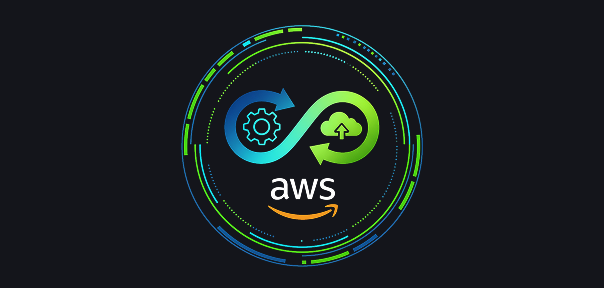
View Course

Included with Pro+ Subscription
.png)

.jpg)

.jpg)



View Course

Included with Pro+ Subscription
Popular


View Course

Included with Pro+ Subscription

View Course

Included with Pro+ Subscription

View Course

Included with Pro+ Subscription


View Course

Included with Pro+ Subscription

View Course

Included with Pro+ Subscription


View Course

Included with Pro+ Subscription

View Course

Included with Pro+ Subscription
.jpg)
View Course

Included with Pro+ Subscription
Microsoft Courses


View Course

Included with Pro+ Subscription


View Course

Included with Pro+ Subscription


View Course

Included with Pro+ Subscription




View Course

Included with Pro+ Subscription


View Course

Included with Pro+ Subscription
Data Science & ML


View Course

Included with Pro+ Subscription

View Course

Included with Pro+ Subscription

View Course

Included with Pro+ Subscription

View Course

Included with Pro+ Subscription
.png)
View Course

Included with Pro+ Subscription

View Course

Included with Pro+ Subscription
Management
.jpg)
View Course

Included with Pro+ Subscription

View Course

Included with Pro+ Subscription
.jpg)
View Course

Included with Pro+ Subscription
.png)
View Course

Included with Pro+ Subscription

View Course

Included with Pro+ Subscription
.png)
View Course

Included with Pro+ Subscription
.png)
View Course

Included with Pro+ Subscription

View Course

Included with Pro+ Subscription
.jpeg)
View Course

Included with Pro+ Subscription
.jpg)
View Course

Included with Pro+ Subscription

View Course

Included with Pro+ Subscription
 (1).jpg)
View Course

Included with Pro+ Subscription
.png)
View Course

Included with Pro+ Subscription
.png)
View Course

Included with Pro+ Subscription
.png)
View Course

Included with Pro+ Subscription

View Course

Included with Pro+ Subscription
.png)
View Course

Included with Pro+ Subscription
IT & Software

View Course

Included with Pro+ Subscription
.png)
View Course

Included with Pro+ Subscription
.png)
View Course

Included with Pro+ Subscription
.png)
View Course

Included with Pro+ Subscription

View Course

Included with Pro+ Subscription
.png)
View Course

Included with Pro+ Subscription
.png)
View Course

Included with Pro+ Subscription


View Course

Included with Pro+ Subscription
.jpg)
View Course

Included with Pro+ Subscription

View Course

Included with Pro+ Subscription

View Course

Included with Pro+ Subscription

View Course

Included with Pro+ Subscription
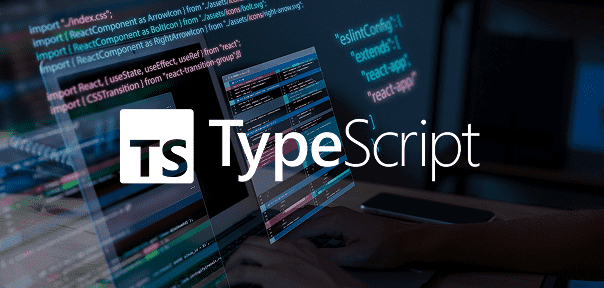
View Course

Included with Pro+ Subscription


View Course

Included with Pro+ Subscription

View Course

Included with Pro+ Subscription


View Course

Included with Pro+ Subscription
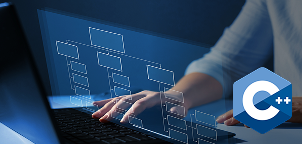
View Course

Included with Pro+ Subscription
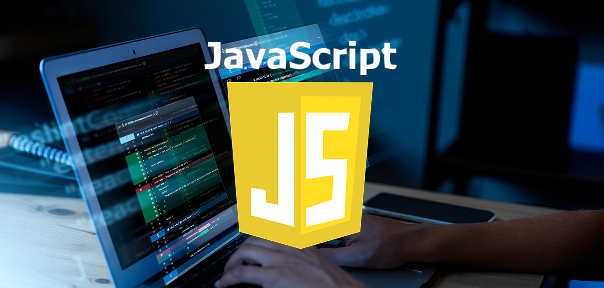
View Course

Included with Pro+ Subscription

View Course

Included with Pro+ Subscription
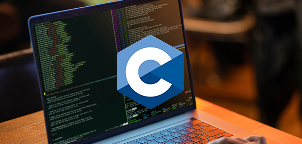
View Course

Included with Pro+ Subscription
 (1).png)
View Course

Included with Pro+ Subscription

View Course

Included with Pro+ Subscription
AI & Generative AI


View Course

Included with Pro+ Subscription

View Course

Included with Pro+ Subscription

View Course

Included with Pro+ Subscription
.jpg)
View Course

Included with Pro+ Subscription

View Course

Included with Pro+ Subscription

View Course

Included with Pro+ Subscription


Cyber Security

View Course

Included with Pro+ Subscription

View Course

Included with Pro+ Subscription
.png)
.png)
View Course

Included with Pro+ Subscription
.png)
View Course

Included with Pro+ Subscription
.png)
View Course

Included with Pro+ Subscription
Cloud Computing


.png)

View Course

Included with Pro+ Subscription


View Course

Included with Pro+ Subscription

View Course

Included with Pro+ Subscription
.png)

.jpg)

.jpg)



View Course

Included with Pro+ Subscription
.png)
View Course

Included with Pro+ Subscription
.png)

View Course

Included with Pro+ Subscription



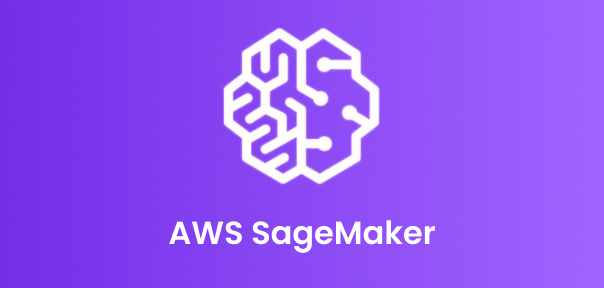

View Course

Included with Pro+ Subscription
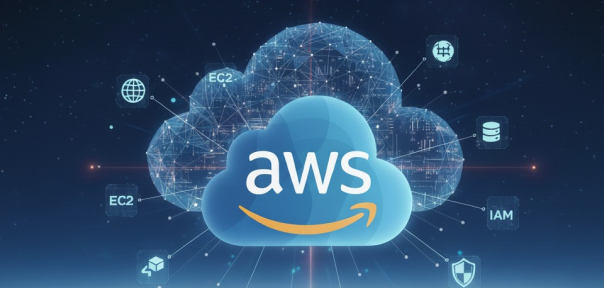

View Course

Included with Pro+ Subscription
Subscribe to Academy Pro+ & get exclusive features
$25/month
No credit card required
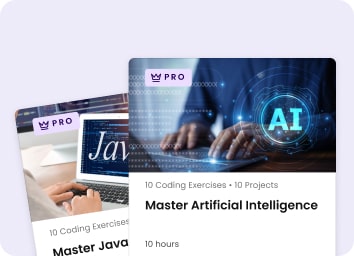
Learn from 40+ Pro courses
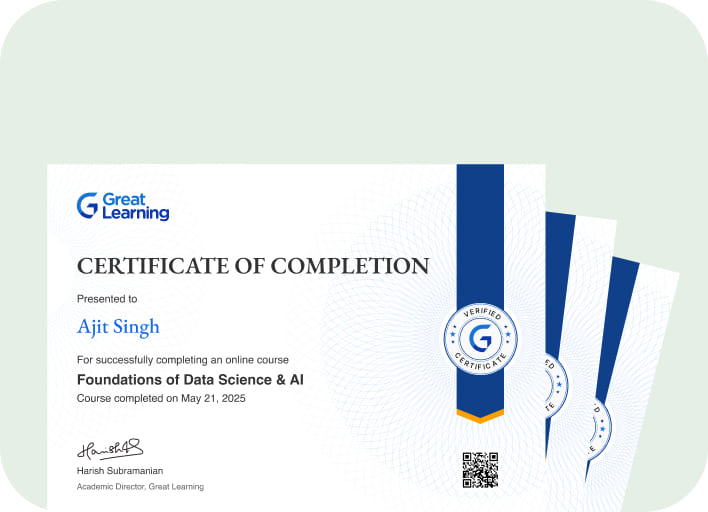
Access 500+ certificates for free
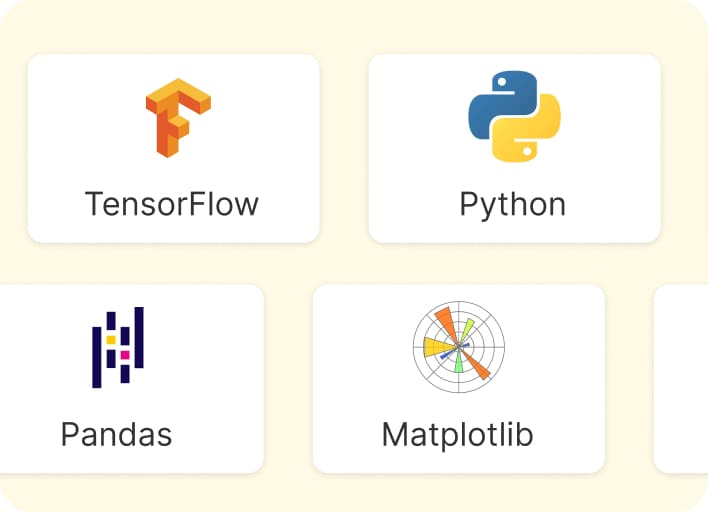
700+ Practice exercises & guided projects
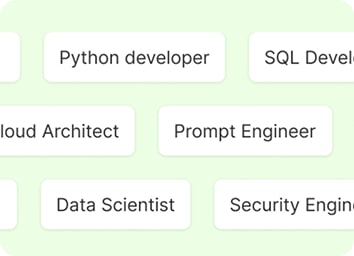
Prep with AI mock interviews & resume builder
Recommended Free Data Science courses




Related Data Science Courses
-
Personalized Recommendations
Placement assistance
Personalized mentorship
Detailed curriculum
Learn from world-class faculties
50% Average salary hike -


12 weeks · Online
Know More
-


MIT Professional Education
Applied AI and Data Science Program14 Weeks · Live Online · Weekdays & Weekend
Know More
-


Deakin University
Master of Data Science (Global) Program24 Months · Online
Top 1% UniversityKnow More











